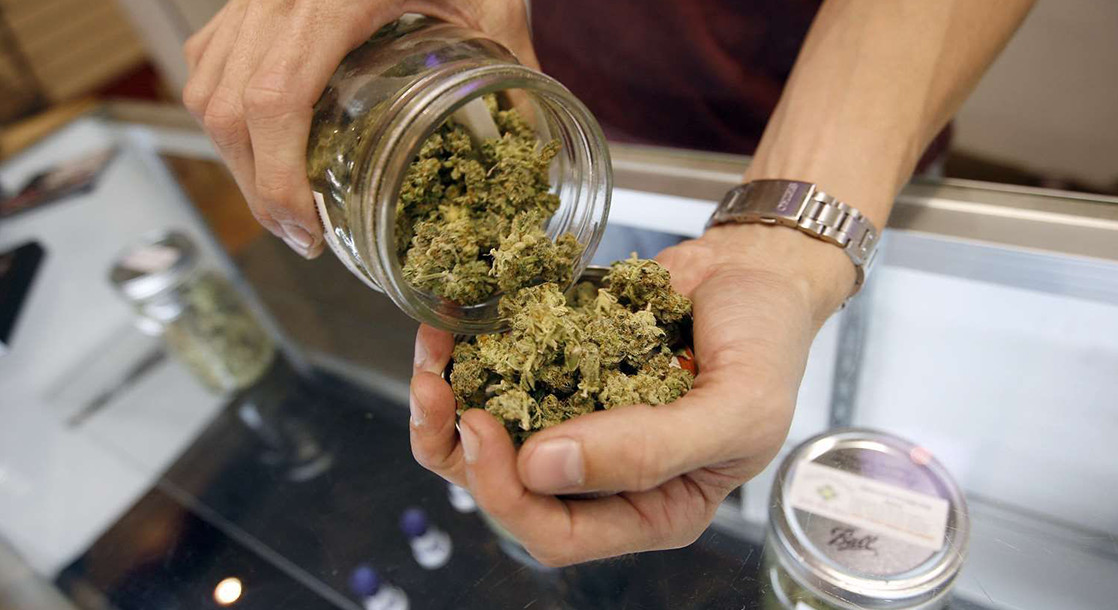After Nevada voted to legalize recreational cannabis in November of 2016, state lawmakers wasted no time trying to implement the voter-approved system earlier than expected. Although a measure was proposed to allow marijuana sales by July 1, that effort has been thwarted by a recently filed legal complaint by the Independent Alcohol Distributors of Nevada against the Department of Taxation.
This group of local liquor distributors have argued that the recreational cannabis bill gives liquor wholesalers exclusive rights to marijuana sales licenses over the first 18 months of sales. On Tuesday, Carson City district judge James Wilson rejected a motion to dismiss the lawsuit, claiming that representatives from both sides of the dispute should be heard in the court of law.
While the hearing is scheduled to take place on Monday, the complaint itself may ultimately delay the start of recreational marijuana sales across the state. Liquor distributors in Clark County are looking to be the first to participate in the distribution process, while the Department of Taxation is arguing that existing medical dispensaries should be allowed to sell recreational cannabis starting July 1.
The Independent Alcohol Distributors of Nevada claims that the voter-approved legislation states that liquor distributors would get the first crack at licensing for pot distribution. However, the state tax department claims that the alcohol industry had shown almost zero interest in the recreational cannabis market until the complaint was filed.
According to Stephanie Klapstein, a spokeswoman for the Department of Taxation, there was only one application submitted by a liquor distributor, and that application was received the same day the lawsuit was filed. Now, there are reportedly five liquor distributors looking to get involved in the state’s cannabis industry.
Even if the lawsuit is settled in favor of the tax department, the cannabis retail market in Nevada could still be faced with delays. While the group of liquor distributors battled to gain an entry point into the recreational system, the rest of the state may have to wait for the approved legislation to take effect.











